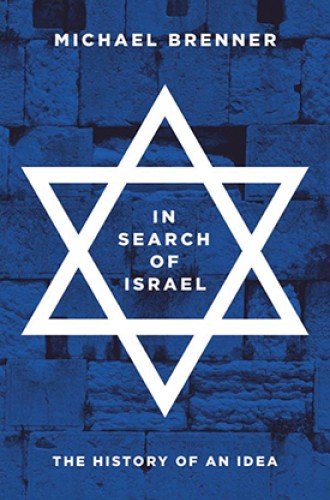Zionism’s competing visions of Israel
Michael Brenner shows that contemporary debates have precedents in the origins of the movement.
The creation of the state of Israel 70 years ago this month made the editors of the Christian Century uneasy. They were disturbed that Israel’s declaration of independence made no mention of God, calling that omission an “ominous portent.” At other moments, they expressed dismay at how religion in the new state was tied to nationalistic goals. It seems the editors of 1948 were worried when Israel was not religious and worried when it was.
Israel has never been easy to get one’s mind around. For those wishing to try, Michael Brenner offers a lively and elegant guide. His focus is not on the Arab-Israeli conflict but on the conflicts within the Zionist movement itself. The idea of Israel has been contested by Jews since the beginning of the movement, and various ideas of a Jewish homeland have been shaped and reshaped by circumstance. Though Zionism has a straightforward definition—the belief that the Jewish people need a homeland in the region of Palestine—there have been many versions of Zionism. Knowing that history is useful for Christians who want to understand the complexities of Israeli life today and converse with Jewish friends and neighbors, who likely have their own complicated relationship to Israel.
The intellectual history of Zionism has been told before in such valuable works as Arthur Hertzberg’s The Zionist Idea and Geoffrey Wheatcroft’s The Controversy of Zion. Brenner, who directs the Center for Israel Studies at American University in Washington, D.C., brings the story into the 21st century and exercises a keen eye for its ironies, ambiguities, and inner tensions. Of these, perhaps most striking is the way Zionism has comprised two seemingly opposing projects.






